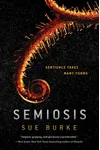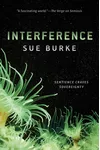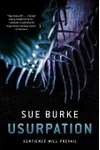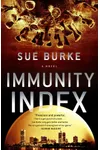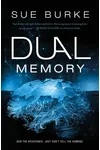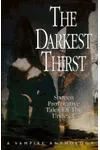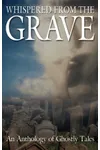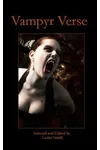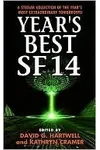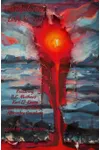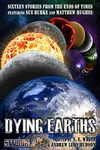Picture an American storyteller who brought sentient plants to life on a distant planet—meet Sue Burke! A science fiction author and award-winning translator, Burke weaves rigorous science with imaginative narratives, captivating readers with novels like Semiosis. Her stories challenge us to rethink intelligence, communication, and humanity’s place in the universe, all with a magnetic, thought-provoking flair.
From her roots in Milwaukee to her years in Madrid, Burke’s global perspective and journalistic precision shine through in her work. Whether exploring alien ecosystems or near-future dystopias, she’s a master at blending hard science with human drama, earning her a devoted following among sci-fi enthusiasts.
The Making of Sue Burke
Born in 1955 in Milwaukee, Wisconsin, Sue Burke grew up with a love for storytelling and science fiction. After studying at the University of Wisconsin, she kicked off her career as a journalist, honing her knack for clear, compelling prose. Her adventurous spirit led her to Austin, Texas, and then to Madrid, Spain, in 1999, where she immersed herself in the vibrant Spanish sci-fi community. By 2016, she returned to Chicago, bringing with her a wealth of experiences that would shape her novels.
Burke’s time as a translator, earning the 2016 Alicia Gordon Award for Word Artistry, sharpened her ability to bridge cultures and ideas. This skill became a cornerstone of her fiction, where she explores communication across species and civilizations. Her Clarion Workshop training in 1996 further fueled her leap into sci-fi, setting the stage for her breakout success.
Sue Burke’s Unforgettable Stories
Burke’s debut novel, Semiosis (2018), is a tour de force of ecofiction and first-contact storytelling. Set on the planet Pax, it follows human colonists forging alliances with sentient plants, led by the enigmatic Stevland, named after Stevie Wonder. The novel’s multigenerational structure and botanical rigor earned it spots on ‘Best of 2018’ lists and nominations for the Arthur C. Clarke Award.
The Semiosis trilogy continues with Interference (2019), diving deeper into Pax’s evolving ecosystem, and Usurpation (2024), which brings alien trees to a future Earth, tackling themes of survival and coexistence. Her standalone novel Dual Memory (2023) blends hard sci-fi with action, following Antonio Moro and his quirky AI ally, Par Augustus, in a battle against Arctic pirates. Burke’s style—meticulous yet accessible—merges scientific detail with character-driven drama, making complex ideas feel intimate and thrilling.
Beyond novels, Burke has published over 40 short stories, like ‘Spiders’ in Asimov’s Science Fiction, and translations of Spanish sci-fi, amplifying diverse voices. Her work often explores mutualism, power dynamics, and the resilience of life, reflecting her fascination with botany and human nature.
Why Sue Burke Matters
Sue Burke’s impact lies in her ability to make the alien feel familiar. Her stories don’t just entertain—they spark curiosity about the natural world and our role within it. By centering plants as sentient beings, she challenges anthropocentric views, earning praise from readers and critics like Adrian Tchaikovsky. Her translations have also elevated Spanish sci-fi, enriching the global genre.
As a Clarion alumnus and mentor, Burke inspires new writers, while her novels remain touchstones for fans of thoughtful, boundary-pushing sci-fi. Her work invites us to question what it means to connect, survive, and thrive in an ever-changing cosmos.
- Born: 1955, Milwaukee, Wisconsin
- Key Works: Semiosis, Interference, Usurpation, Dual Memory
- Awards: 2016 Alicia Gordon Award for Translation; Semiosis shortlisted for Arthur C. Clarke Award (2019)
Ready to explore alien worlds and sentient flora? Snag Semiosis and dive into Sue Burke’s brilliant sci-fi universe!
